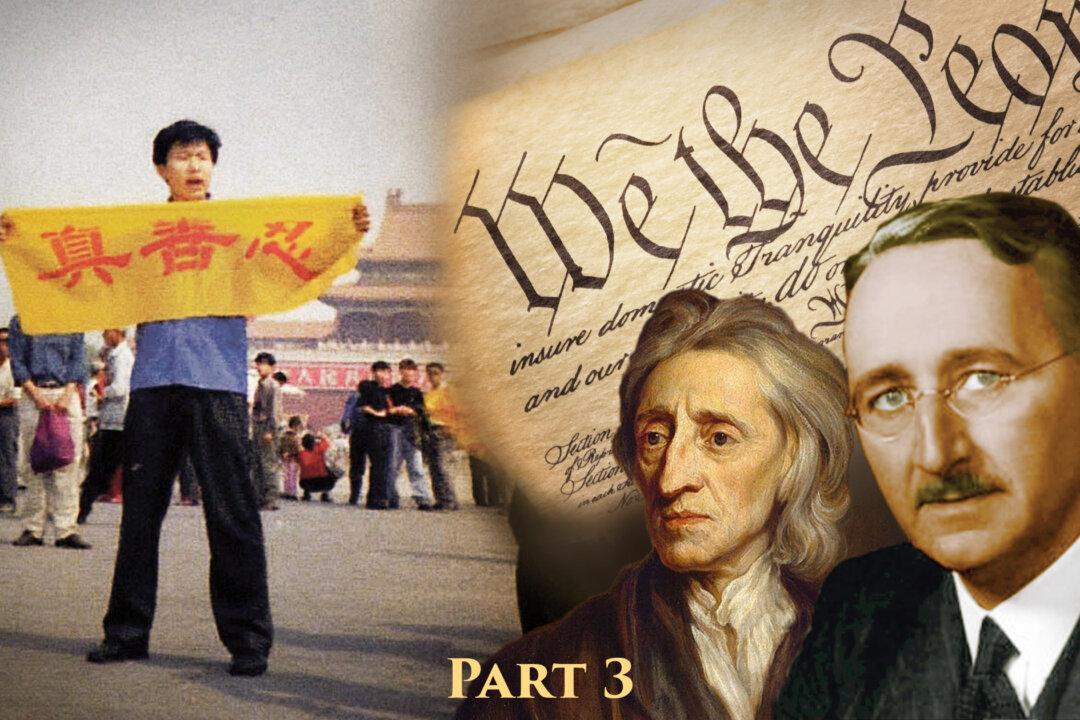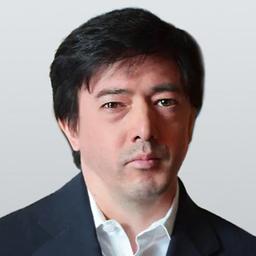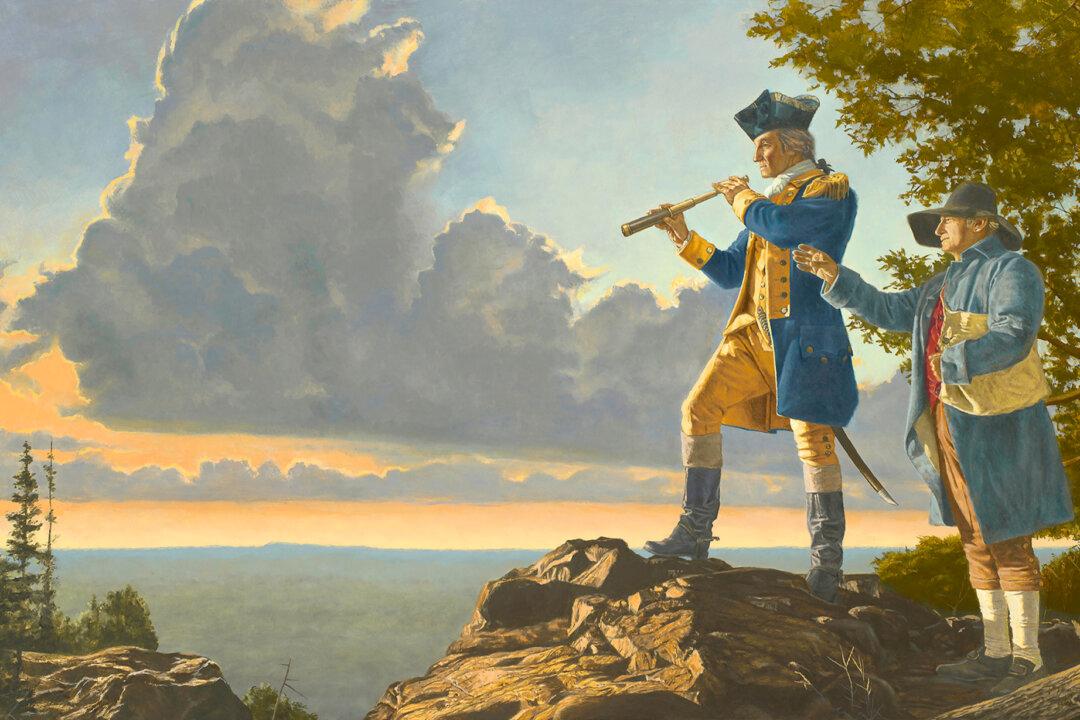In the People’s Republic of China, the idea of people owning property is just a dream; central planning runs everything from the economy to the number of kids in your family; religious persecution mercilessly shackles people’s heavenly souls to the realm of earth.
Having met many Falun Dafa practitioners persecuted for their belief in China, who escaped to the West seeking freedom, this reporter knows that concepts such as property, capitalism, and spiritual freedom are alien to most inhabitants of the Middle Kingdom. Knowing only serfdom since birth, such persecuted peoples’ absorbing Western traditions of freedom quenches thirst they never knew they had.






